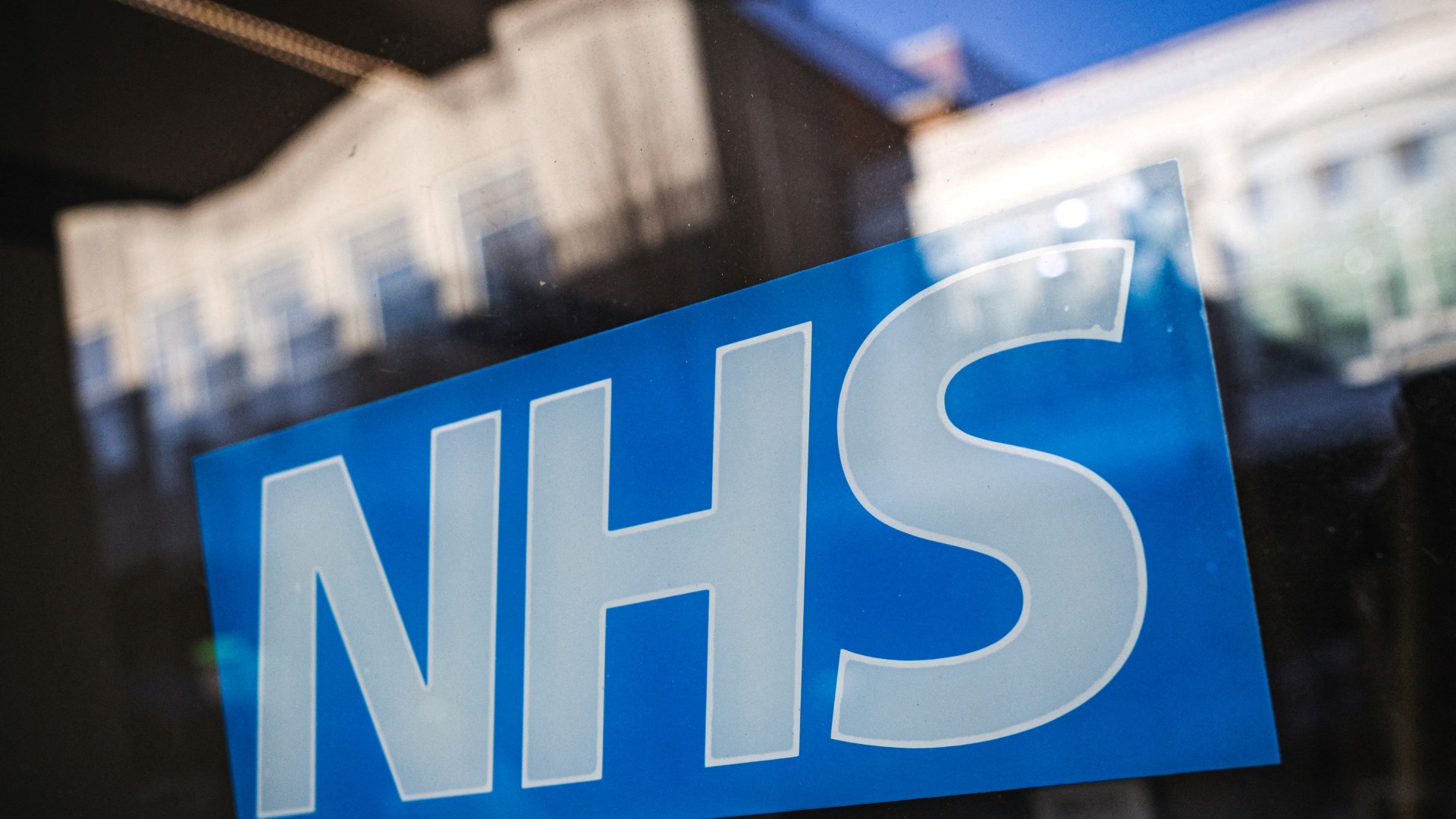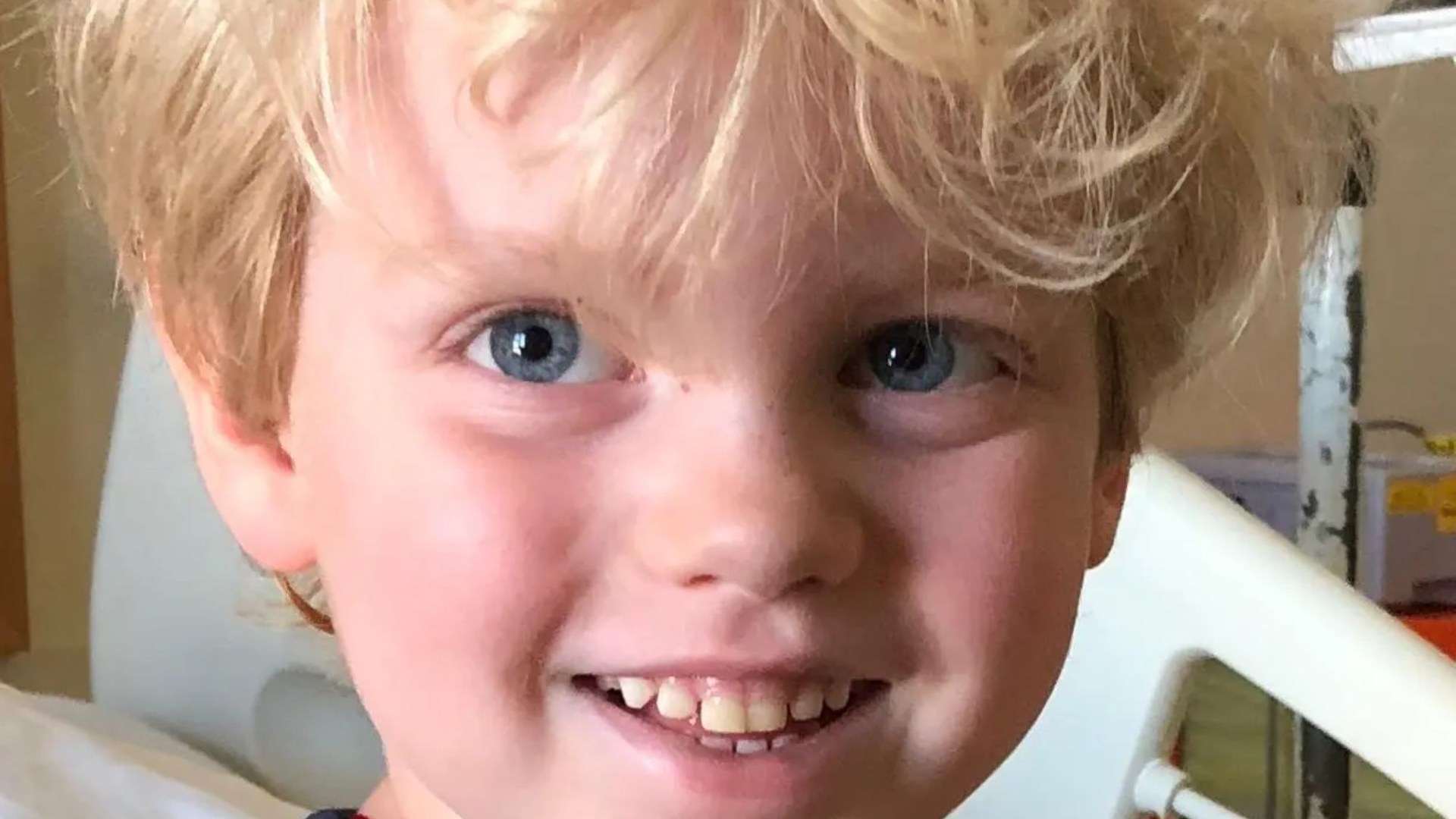THE NHS will set up six new clinics and start a clinical trial of puberty blockers next year in an overhaul of child gender services.
It comes after prescriptions of the controversial drugs to new patients were banned in May due to safety concerns.

1
Health chiefs have laid out plans to overhaul the controversial service for children and teenagers who think they are transgender.
They have vowed to “take a more cautious approach”.
But they still plan to trial the puberty blockers in a ‘substantial’ number of youngsters – a move salmmed by campaigners as ‘ethically unjustifiable’.
Naomi Cunningham, chair of human-rights charity Sex Matters, said: “We understand why the NHS and Dr Hilary Cass believe that clinical trials of puberty blockers are necessary, but we would urge them to reconsider.
Read more on gender services
“Such trials are ethically unjustifiable, given the known risks of permanent damage to fertility, sexual functioning, and general health.”
Top doctors say not enough is known about the longer-term impacts of puberty blockers – but many using them go on to use cross-sex hormones which have more well-known consequences, such as potential loss of fertility.
It comes as a report on Wednesday laid out NHS plans for the future of gender care, addressing recommendations in a damning review by top children’s doctor, Hilary Cass, in April.
A network of regional clinics will be set up by 2026.
They will replace the flagship Tavistock after it was closed for being too medicalised.
An official review of NHS gender idendity services by Dr Hilary Cass last year ruled England’s only clinic was too biased and too quick to put children on life-changing and potent medicines.
The new clinics will focus on general mental health as well as gender.
Under tighter new criteria, children must be referred by a mental health specialist or paediatrician, instead of a GP alone.
NHS England directors Professor James Palmer and John Stewart said: “The primary clinical approach will be psychosocial and psychological rather than medical.”
The health service will also design a new service for people who want to “detransition” back to their original sex.
Dr Cass said: “I am pleased that NHS England is planning to fully implement the recommendations of my review.
“The next important step will be the most challenging – turning it into a reality.”
Risk of puberty blockers ‘unknown’
Puberty blockers pause the physical changes of puberty such as breast development or facial hair while those taking them consider their gender identity without added distress.
An emergency ban on prescribing puberty blocking drugs to new patients, due to safety fears, had been due to expire at the end of September.
But Health Secretary Wes Streeting will extend the restriction with a view to making it permanent, despite Labour backlash.
The medicines will only be available as part of an NHS-led clinical trial due to start early next year.
Children’s healthcare should always be led by evidence.
Wes Streeting
Mr Streeting said last month: “We don’t yet know the risks of stopping pubertal hormones at this critical life stage. That is the basis upon which I am making decisions.
“I am treading cautiously in this area because the safety of children must come first.”
Dr Hilary Cass in her landmark review said there was “remarkably weak” evidence on such treatments, including that delaying puberty improved wellbeing.
However, a “substantial” number of participants are expected to be involved in the puberty blockers trial, which she recommended.
Ms Cunningham said: “This update suggests that children and young people with gender distress will finally get the professional and ethical standards expected in every other area of healthcare.
“The troubling practice of treating children with dangerous, unevidenced treatment seems to be over.
“The commitment to collecting comprehensive and standardised data marks a radical improvement on the opaque and substandard practices of the past.”
Trans rights campaigners lost their bid to overturn the ban after a High Court judge said the move was lawful.
What are puberty blockers?
The use of puberty blockers has been argued internationally.
The purpose of puberty blockers is to ‘buy more time’ in young people with gender dysphoria who may be considering becoming transgender.
GnRH hormones (referred to as puberty blockers in the treatment of young people) have undergone extensive testing for use in precocious
puberty (very premature puberty) and have met strict safety requirements to be approved for this condition.
“This is because the puberty blockers are suppressing hormone levels that are abnormally high for the age of the child,” the report of NHS gender identity services by Dr Hilary Cass said last year.
“This is different to stopping the normal surge of hormones that occur in puberty.
“Pubertal hormones are needed for psychological, psychosexual and brain development, and there is not yet enough information on the risks of stopping the influence of pubertal hormones at this critical life stage.”
GnRH hormones are used off-label for gender dysphoria, meaning they may be prescribed for this but manufacturers have not gone through the formal process of applying for a liscence.
Dr Cass concluded there was “remarkably weak” evidence on treatments such as puberty blockers but that said that children using them will be monitored in NHS trials “where there is clinical agreement that the individual may benefit from taking them”.
It said: “The Review found that not enough is known about the longer-term impacts of puberty blockers for children and young people with gender incongruence to know whether they are safe or not, nor which children might benefit from their use.”
Backlog of gender care
A huge backlog is currently being handled by the only two newly set up clinics in London and Liverpool.
The next new clinic is set to open in Bristol later this year, followed by East Anglia.
Figures show that 5,769 under-18s were on waiting lists for NHS gender clinics at the end of May.
The youngest was under five years old.
The backlog means the average wait for a first appointment is 100 days.
NHS England will also review adult gender services as part of the revamp.
The Government estimates there are between 200,000 and 500,000 transgender people in the UK.
Professor Sir Stephen Powis, NHS medical director, said: “These plans set out in detail how we will establish a different and safer model of care for children and young people.”
Health Secretary Wes Streeting added: “Children’s healthcare should always be led by evidence.
“I want trans people in our country to feel safe, accepted, and able to live with freedom and dignity.”
Professor Palmer, NHS England’s medical director for specialised commissioning, said: “The roll out of new specialist centres in every region across England will be central to improving and expanding NHS gender services for children and young people.
“There remains considerable work to do, but we are already making progress.
“It’s clear that our services for adults need focus too and our review needs to address poor experience but also learn from good experiences of care.”
What are the plans set out by the NHS for gender clinics?
– Up to eight new gender clinics are due to open by 2026, covering the seven NHS regions in England.
– Each will have a nominated paediatrician or psychiatrist with overall clinical responsibility for patient safety within the service.
– Clinical trials into the potential benefits and harms of puberty blockers will begin in the early part of next year, subject to academic approval.
– A previously-announced review into adult gender services will begin in the next few weeks and is expected to conclude within months.
– New patients – not including those currently on the waiting list – will have to have been referred first by their GP to either Children and Young People’s (CYP) mental health services or paediatrics, and then will be referred to a gender clinic from there.
– The aim is to eventually have a target of 18 weeks from seeing a GP to being referred to a gender clinic.
– Clinical trials into the potential benefits and harms of puberty blockers will begin in the early part of next year, subject to academic approval.
– A previously-announced review into adult gender services will begin in the next few weeks and is expected to conclude within months.
– NHSE said there will be a new clinical policy on the use of gender-affirming hormones – testosterone and oestrogen – some time between August 2025 and July 2026.




